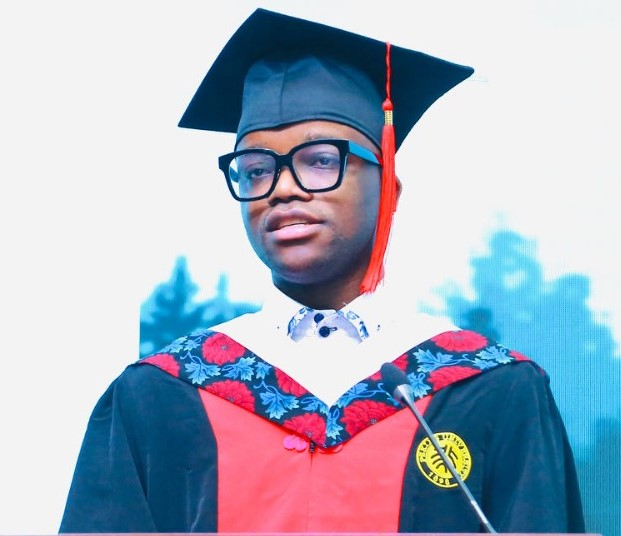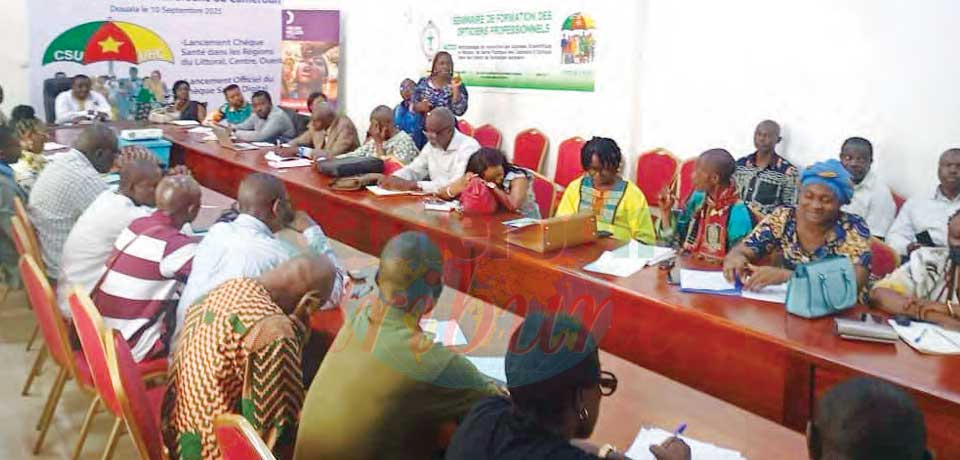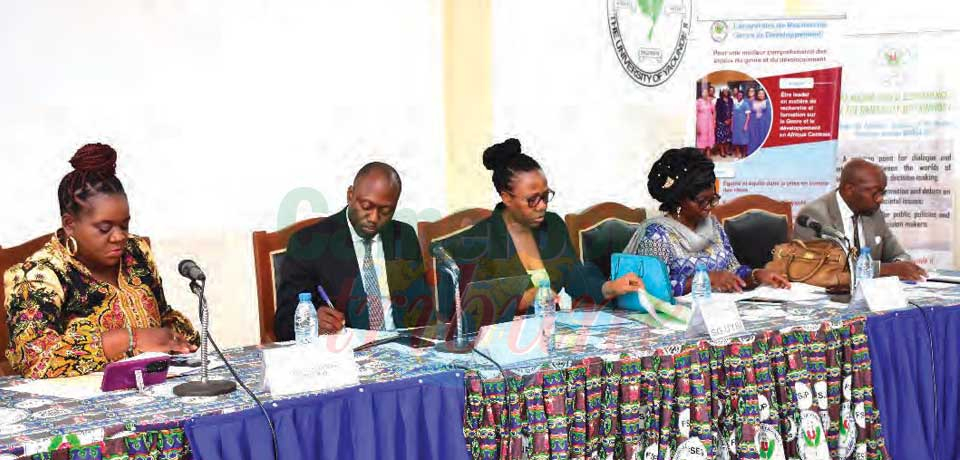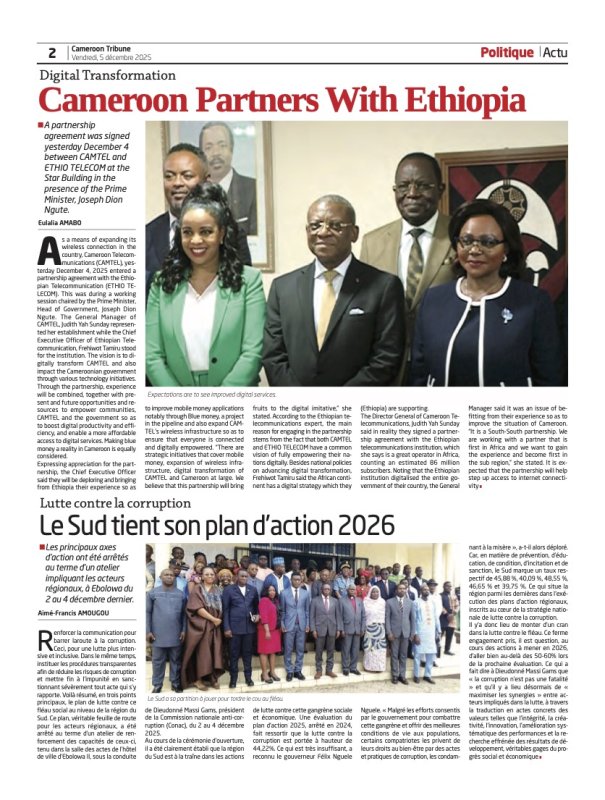Interview: "China’s Grassroots Governance Can Inspire Cameroon"
- Par Kimeng Hilton
- 06 Aug 2023 17:31
- 0 Likes

An avid language learner, Dr Joseph Olivier Mendo'o only began learning Chinese a few years back. Last May, he bagged a PhD, all done in Mandarin, from the prestigious Peking University of International Studies, China.
Who is Dr Joseph Olivier Mendo’o?
In May 2023, I earned a PhD degree in Political Science and International Relations from Peking University School of International Studies, China. Earlier, I was appointed Head of the African Youth Delegation in China since 2018 to date. I was recently recognized as one of the 100 Most Influential People of African Descent (MIPAD100 under 40) for 2023.
The awards were organized by the global society organization known as the Most Influential People of African Descent, MIPAD, which supports the United Nations International Decade for People of African Descent initiative.
As part of the International Decade for People of African Descent proclaimed by United Nations General Assembly Resolution 68/237 to be observed from 2015 to 2024, MIPAD on May 1, 2023 published the list of honorees for 2023. This followed its annual event – the Most Influential 100 Recognition 2022 – which held on the sidelines of the opening of the 77th UN General Assembly in New York, USA in September 2022.
The awards identify high achievers of African descent in public and private sectors from all around the world. It is a progressive network of relevant actors who have come together in the spirit of recognition, justice and development of Africa, and its people on the continent and across its Diaspora.
How did you come to study in China?
Towards the end of my studies in the University of Yaounde II, Cameroon where I obtained a Master’s degree in Political Science after returning from Germany, I noticed a growing Chinese presence in Cameroon (in infrastructure, business and many other areas). I decided to learn more about China and its people to see how Cameroon can better benefit and build on its cooperation with China.
I then enrolled in the Confucius Institute in Cameroon. After six months, I passed the HSK5 (the Chinese language proficiency test), winning the prize as one of the best Chinese language students in Cameroon. Because of the prize, I was selected in 2015 to represent all Cameroonian youth receiving former Chinese Foreign Minister, His Excellency Wang Yi, during his visit to the Confucius Institute located in the International Relations Institute of Cameroon, IRIC Yaounde.
In our brief discussion, the Chinese Foreign Minister introduced Peking University as the best in China, and suggested that I apply to study there. Thereafter, I made some findings to confirm what the Minister said. I then started preparing to take the Chinese national entrance examination to study in Peking University. My efforts paid off after few months of taking the examinations. I was finally offered admission by Peking University in 2016, being the only Cameroonian and African that year that passed the entrance examination that was written entirely in Chinese language alongside Chinese students.
Please, tell us more about your studies in China, which you undertook entirely in Mandarin, the Chinese language.
For my PhD, which I studied in Mandarin, I specialized in Security and Development. Through my thesis, I proposed innovations in Africa’s collective security architecture as the solution to the dilemma of the continent’s independence. It is necessary for the continent to truly realize the dream of autonomy in its peace and security mechanism, and to gradually strive for “Pax Africana,” which is linked to development.
How much do you now know about China and its development path?
During my studies in China, I also wanted to understand the Chinese development model and practices. As well as China’s grassroots governance to see what could inspire Cameroonian and African leaders in their developement choices. That is why in between my studies, I regularly visited Chinese rural areas, including more than 40 villages, 35 high schools, and colleges. The goal was to “teach Africa” to Chinese people, while learning about Chinese grassroots governance and its poverty reduction strategies.
I even served as a village official (assistant village chief) for a short period, which enabled me to have a better understanding of China’s local governance and poverty alleviation practices. I took advantage of the role to educate local cadres on opportunities in Cameroon and in Africa.
...Cet article complet est réservé aux abonnés
Déjà abonné ? Identifiez-vous >
Accédez en illimité à Cameroon Tribune Digital à partir de 26250 FCFA
Je M'abonne1 minute suffit pour vous abonner à Cameroon Tribune Digital !
- Votre numéro spécial cameroon-tribune en version numérique
- Des encarts
- Des appels d'offres exclusives
- D'avant-première (accès 24h avant la publication)
- Des éditions consultables sur tous supports (smartphone, tablettes, PC)














Commentaires